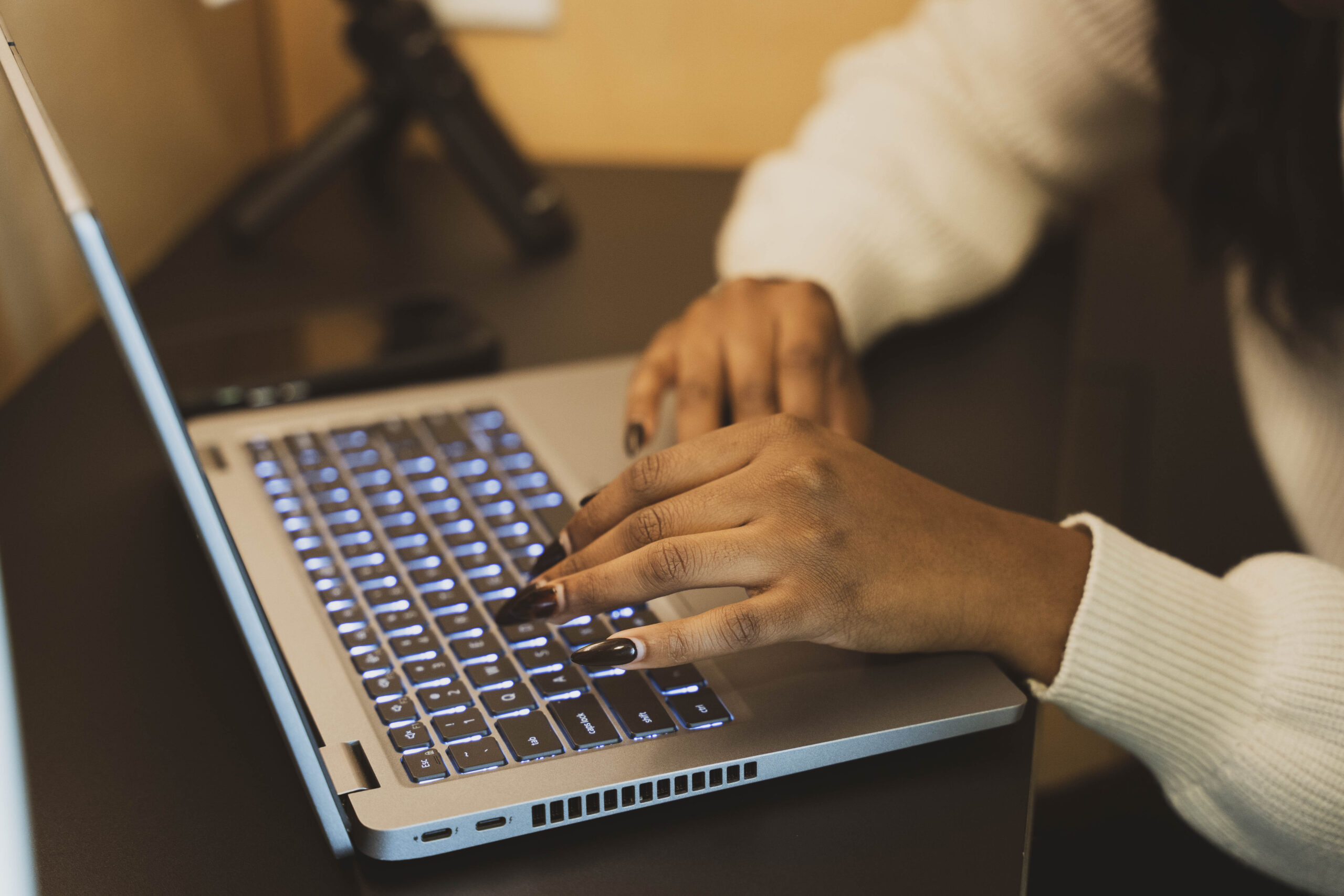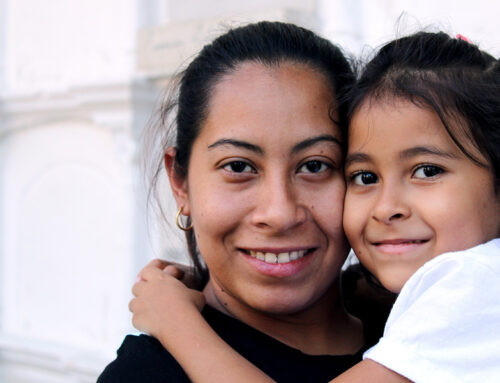
Guidance when planning for the future.
Safety plans are designed to provide a survivor with a concise resource for how to remain safe in a variety of ways. This is in no way a guarantee of safety but a precaution to help prevent future incidents and to offer the survivor peace of mind. This safety plan is meant to be catered to a survivor’s specific situation. The survivor may brainstorm what to put on the safety plan with staff, family, or people they cohabitate with.
Law Enforcement
Law enforcement is an important resource when one’s safety is in question. Examples of ways to utilize law enforcement for safety include alerting local authorities of the situation and listening to any recommendations they may have, obtaining a protection order, and having emergency phone numbers programmed into a cell phone.
- Think about some ways that you can utilize law enforcement for your safety.
Residential Security
A survivor’s home should be a safe space to retreat to for peace and comfort. Examples of ways to increase residential security include security alarms, alerting family members and or neighbors to be mindful of strange vehicles or individuals around the home, and creating an evacuation plan.
- Think about some ways that you can increase your residential security.
Workplace Security
A survivor’s workplace should be a safe space for them to earn money and pursue a career. Examples of ways to increase workplace security include being accompanied while entering or exiting the building and alerting co-workers to any vehicles or individuals that may raise concerns.
- Think about some ways that you can increase your workplace security.
Personal Security
A survivor’s personal information and space should always be safe and free from any intrusion. Examples of ways to increase personal security include utilizing the Safe at Home program to make addresses private, ensuring one’s name does not appear on packages to the home and recording a log of any vandalism, harassment, or stalking activities.
- Think about some ways that you can increase your personal security.
Electronic Security
A survivor’s phone and social media accounts can be used as a way to keep track of his/her movements. Examples of ways to protect your information may include putting a password on your cell phone, changing your e-mail password, changing your social media account passwords, and not logging onto social media with Wi-Fi or sharing your location on social media.
- Think about some ways that you can increase your electronic security.
Resources
Police Emergency: 9-1-1
Police Non-Emergency: 330.375.2552
RCC/BWS Hotline 330.374.1111 or chat now
Friends and Family
Other
Download a Safety Plan Document
Need help with your safety plan?
Contact our 24/7 hotline at 330.374.1111 or chat now with a trained advocate.



